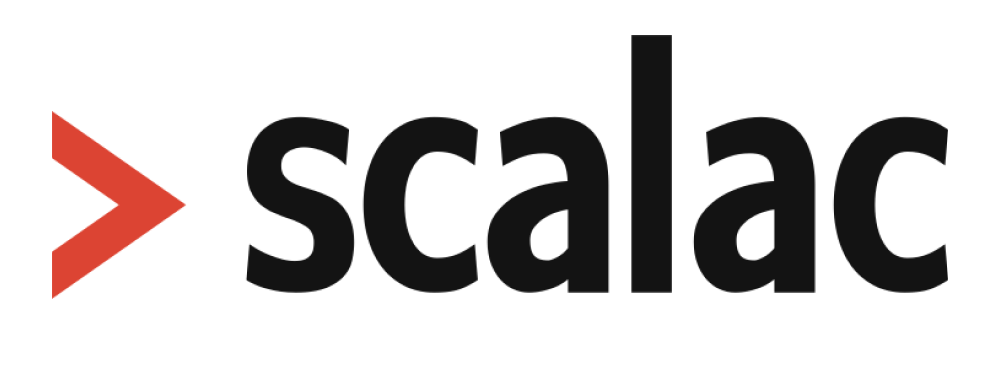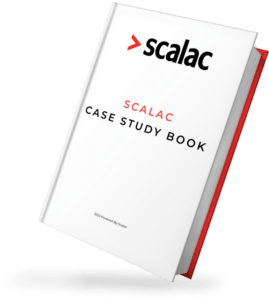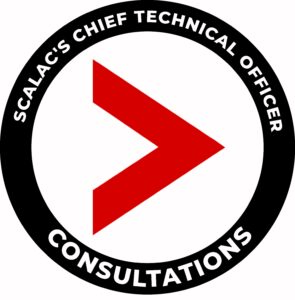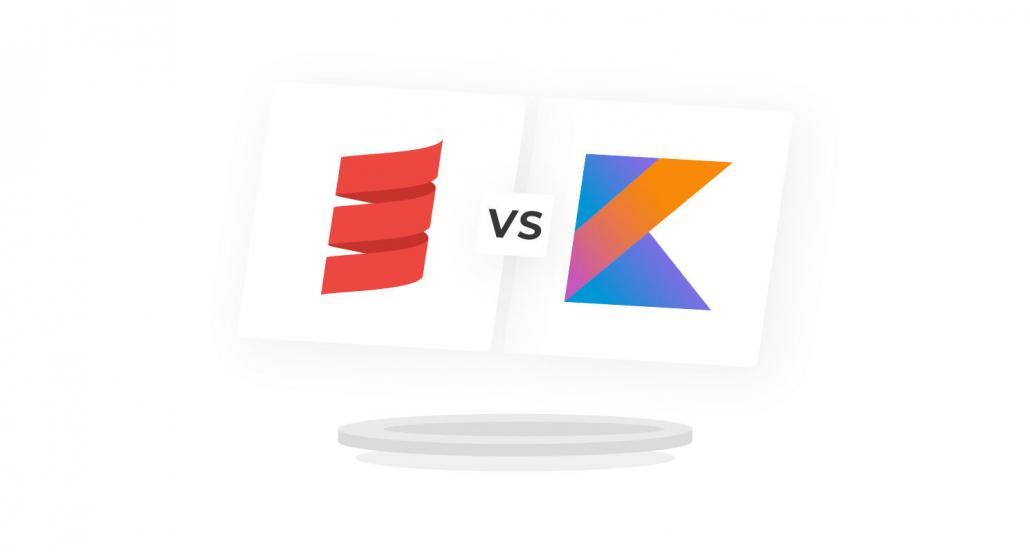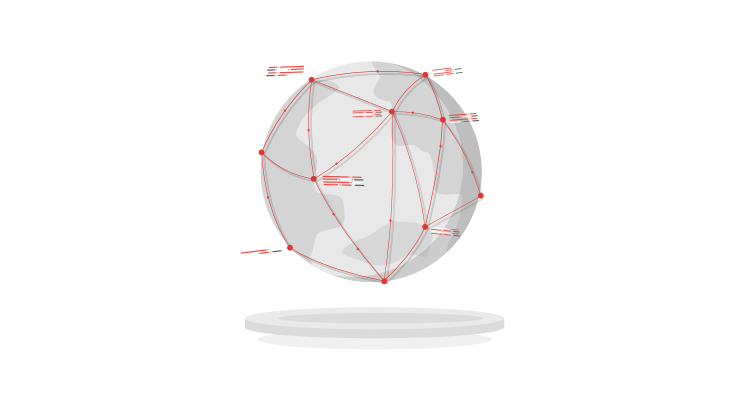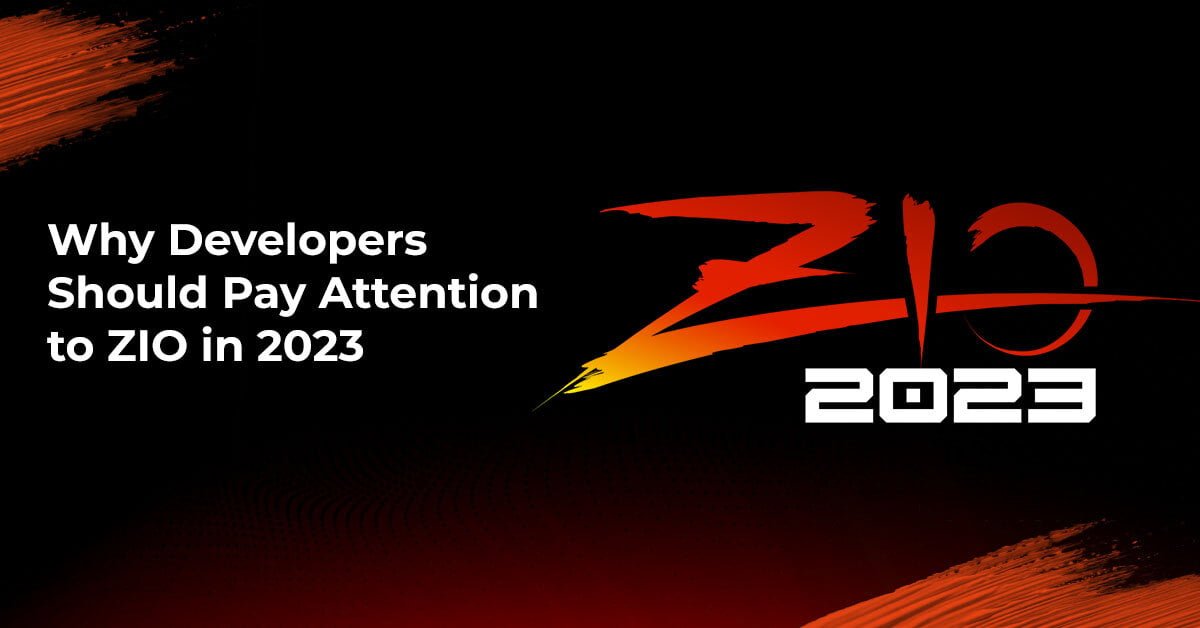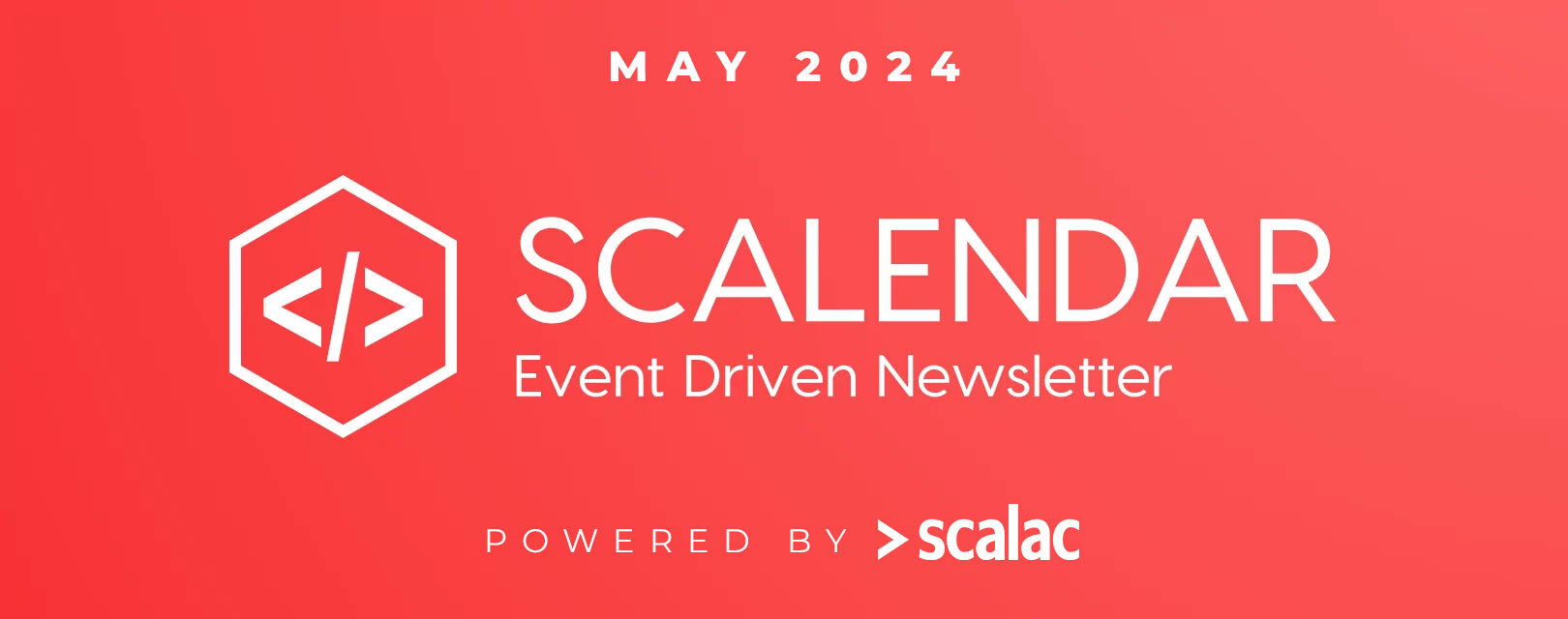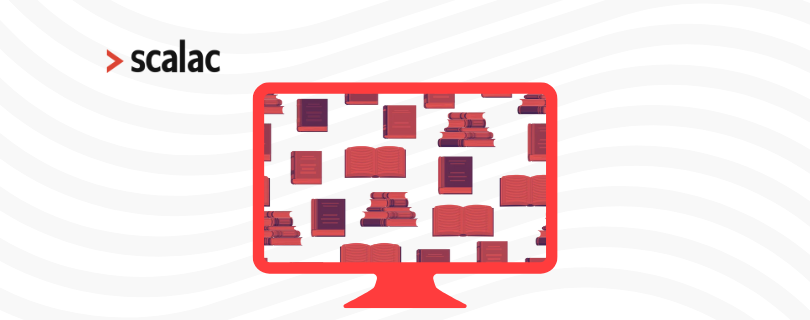
Real estate tokenization: a practical guide

Blockchain technology that has been used for several years has transformed the face of the world in an extremely significant way. According to experts’ forecasts, blockchain-based solutions can have significant effects on a number of areas throughout the economy, financial institutions, and companies, including real estate.
Real estate is considered to be one of the safest types of investments and ensures the best returns. If you ask anyone what the best type of investment and capital protection is, they will probably tell you to buy an apartment or commercial premises. Unfortunately, without some significant amounts of capital, many people may find this unachievable though.
However, blockchains – and real estate tokenization – make this possible.
Real estate tokenization will change many rules on the market for property rights, investment in real estate, and raising capital. Below, you’ll find out why.
What is real estate tokenization?
Tokenization of the real estate market is an emerging phenomenon worldwide that is increasing the number of available investment options.
The STG reports that the market cap of tokenized real estate stood at $27,289,930 in February 2021.
Real estate tokenization involves creating tokens on the Blockchain and assigning them to real estate properties that already exist or are currently under construction. Tokens can represent an interest in real estate and can also be used to raise capital towards development investments, allowing a wider range of investors and developers to participate in the real estate market.
In other words, tokenization is a way for an organization to raise capital using crowdsale, which is essentially the same thing as crowdfunding but with tokens available on the Blockchain.
The intended goal can be more easily accomplished if funding is made available in such a way. The role of tokens in this case is to act as the equivalent of stocks, except without the need for expensive intermediaries. In a way, the use of stock exchanges may be replaced due to their complexity and expense.
A token may thus be used either as a loan, as a share of a development company, or as outright ownership of a specific property.
What are the types of real estate tokens?
There are 2 types of real estate asset STOs (Security Token Offerings):
- The first type allows you to become a joint owner of a piece of real estate.
- The second is a debt asset that digitizes the rent collected for a property and automates the process of collecting and exchanging rental receipts.
How does real estate tokenization work in practice?
For example, a property owner can tokenize a property that is leased to a retail chain.
In order to be considered as an STO, a company needs all the necessary permits in place before it can continue its activities (building inspections, financial requirements, and ownership rights).
In the next step, security tokens are released that correspond to ownership of a section of the premises. For example, 1 security token may equate to 1 square meter of real estate. Investors purchasing security tokens become the owners of a section of the premises.
Eventually, token owners will receive a share of the future rental profits derived from the property.
Besides being used as a property right, tokens can also be used as currency and as a loyalty program. For example, consider a development company that builds modern huts in mountain ranges. They can monetize tokens such that people can live in these huts beyond the designated property range and can also purchase additional services or infrastructure, like ski slopes.
Benefits of real estate tokenization
Flexibility
Anyone can invest a certain amount and become a partial owner of a property and benefit from the potential profits. Moreover, tokens can be purchased and sold on secondary markets. The property owner can also sell some part of their assets by issuing tokens. Additionally, tokens can be exchanged like stocks, with their value fluctuating based on how the price of the property changes. Tokenization provides a benefit over crowdfunding because it gives you immediate digital ownership, allowing you to sell at any time.
No geographic limits
Property tokenization, like any type of tokenization, eliminates barriers related to location. Nothing prevents you from buying a property on the other side of the world in the middle of the night. You can participate in and profit from the construction of resorts, housing estates, or rentals anytime and anywhere.
Ease and speed of investment
The most effective optimization of any activity is to limit unnecessary expenditures by acting within the legal framework. Blockchain technology enables this by removing barriers like notary fees and bank fees (paying for your property with cryptocurrencies helps you get around them). This results in increasing the investor’s returns and shortening the process of raising capital by the entity managing the investment, which streamlines the entire process.
Investments made with tokens significantly reduce costs, but also give greater freedoms because you can buy a share in real estate and profit from it at any time. The whole process is automated and does not entail any unnecessary formalities. The right to the property is acquired through the purchase of a token, which does not require any changes to the real estate or mortgage records!
Lower entry barrier and higher diversification
To date, investing in real estate has mostly been done with large sums of money.
Thanks to tokenization, however, you no longer have to purchase an entire property. A particular property can be divided into millions of tokens.
So all you have to do is purchase a single token. Due to the tokenization of assets, you can participate in a smaller shareholding structure such as distributed investing. Millions of dollars of investment capital are no longer required. It only requires a few dollars to buy a part of some real estate, resulting in a lower entry barrier for those with less capital.
This has to do with the diversification of your investment strategies and assets, too. Instead of only investing in a single property, you may consider investing in a number of properties by purchasing tokens in them to diversify your investment wallet. In this case, diversification also applies to various sources of revenue.
No middlemen
Since STOs liquidate the secondary real estate market, there is no need to deal with formal barriers such as notarial deeds or bank charges. Blockchain in real estate eliminates middlemen such as lawyers and agents, decreases deposit fees, and works around the clock. There is no limit placed upon the amount of tokens that can be freely traded in accordance with subsequent regulations.
Lower costs for investors
Tokenization involves much lower costs compared to other financing methods. And developers, or investors, also need a way to raise capital for different projects.
Bonds and the stock market have become complicated, expensive, and time-consuming. Tokenization can offer a faster and cheaper method for holding assets. If a real estate developer has to choose between listing on the stock exchange or issuing bonds, tokenization is both cheaper and simpler.
The highest level of security
In addition to making transactions secure, tokenization also makes them transparent. Although new technologies often raise concerns, tokenization uses the highest security standards based on two pillars: tokens and blockchain technology.
- The first pillar promotes security because investment is assigned digitally to an investor and remains so until it is refunded or sold to someone else.
- This level of security would not have been possible without the second pillar, which is the implementation of blockchain technology.
With the help of cryptographic algorithms, the transmitted data is both accessible and inaccessible to those outside the network. How is that possible?
The secret lies in the fact that the data is decentralized.
There is no reversal or copying of the code, and nodes will identify any attempts to change this code and prevent it from executing.
Additionally, if data is recorded in many places simultaneously, this opens the door for distributed accounting technologies. These open systems will enable a fully transparent real estate register. All data associated with resources is available to all, for example, if you wish to investigate the history of a given property.
The investment itself is also made relatively safe! So-called smart contracts minimize the need for the exchange of documents between parties and simplify the paperwork associated with the completion of a contract. A smart contract signed electronically is irreversible, so its content cannot be altered.
Over to you
Tokenization has been touted as the future of investing, since it will become much more popular than other methods of capitalizing funds. Despite that, people will always need buildings – both service-related and residential ones. Real estate is also more secure than other forms of investment. In order to utilize the opportunities and possibilities offered by digitization, it is necessary to embrace it.
Real estate tokenization is thus expected to become a mechanism that will be both safe for investors and convenient for developers. Promoters of tokenized real estate suggest that investors can acquire new investment opportunities as a result of the use of this technology. In turn, estate developers will not have to issue large amounts of bonds or build a stock exchange for financing new and running ongoing projects.
What’s not to like?
